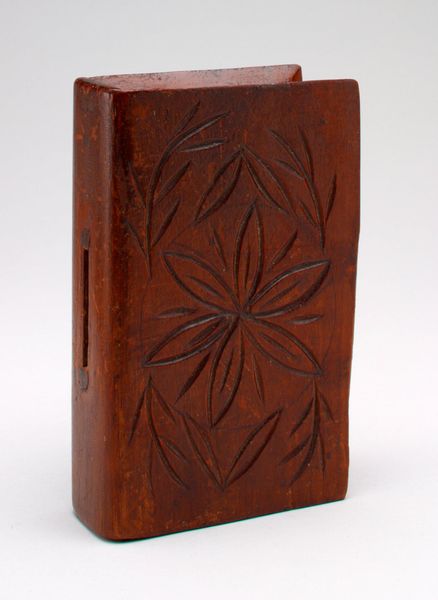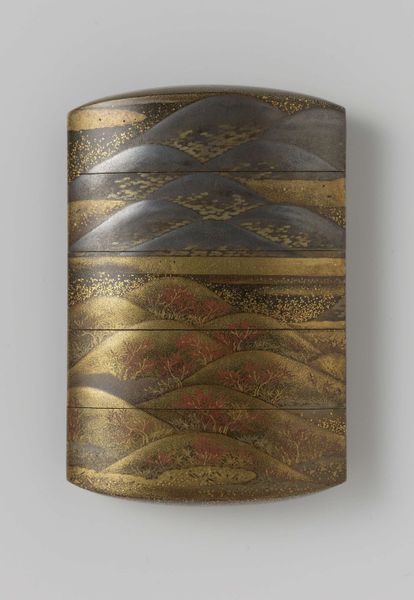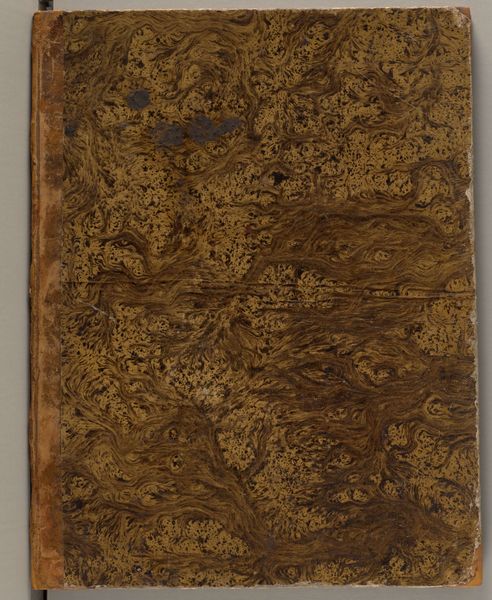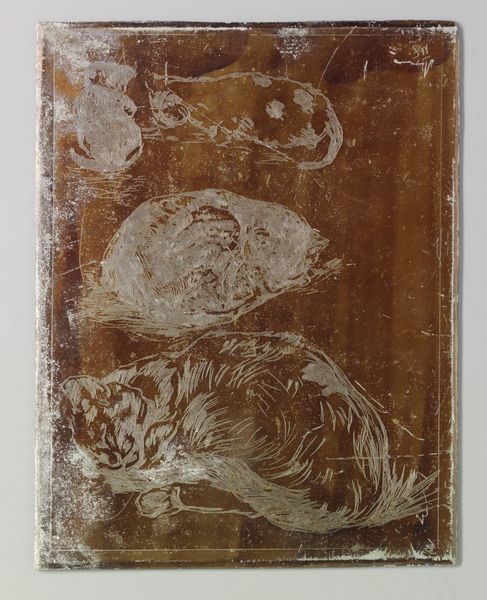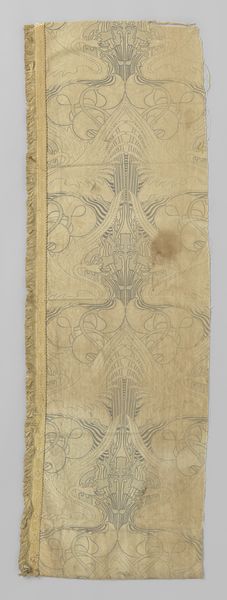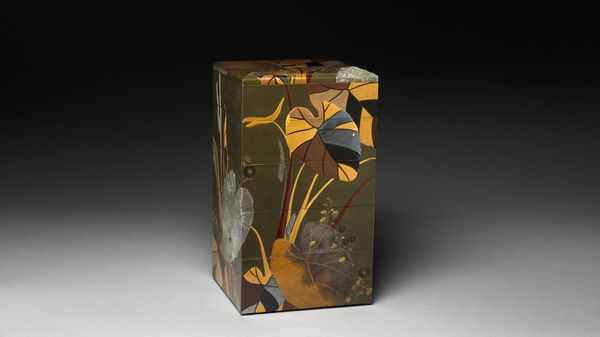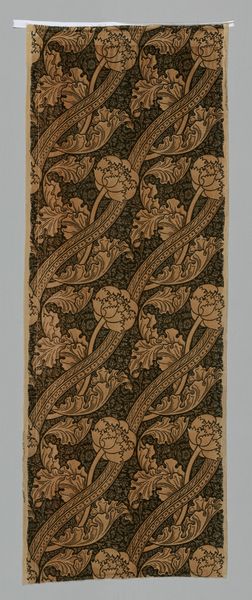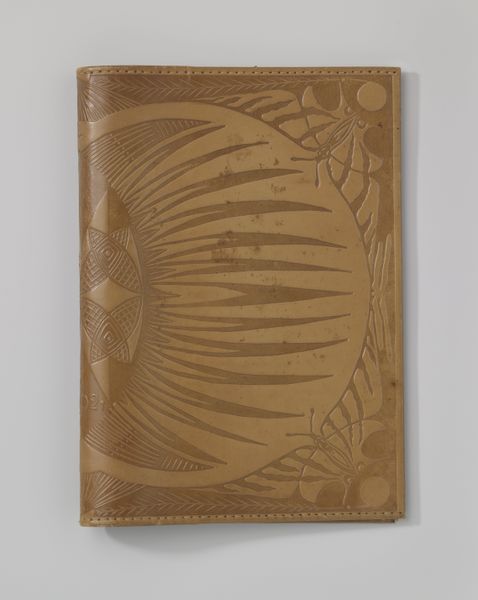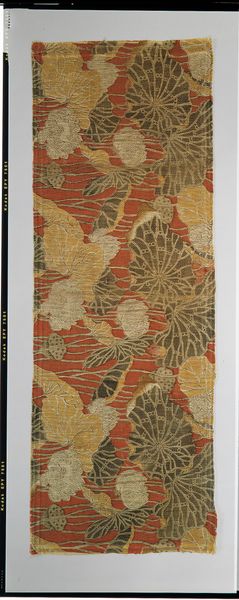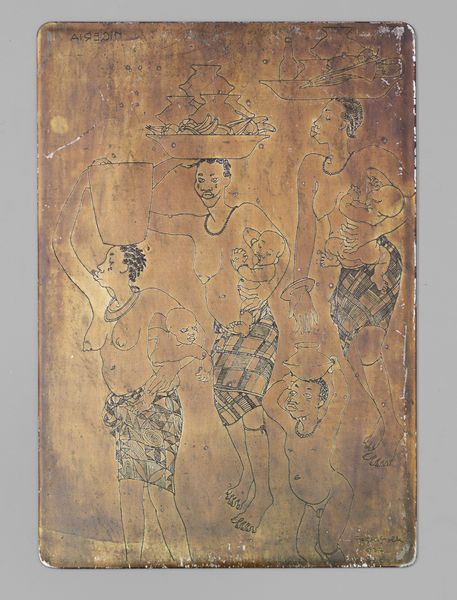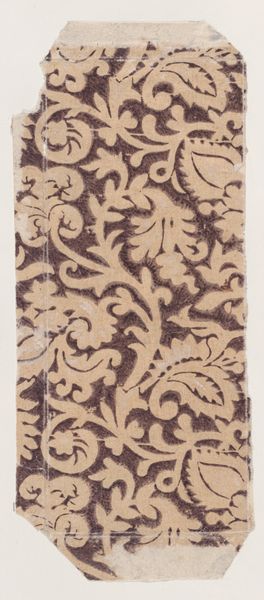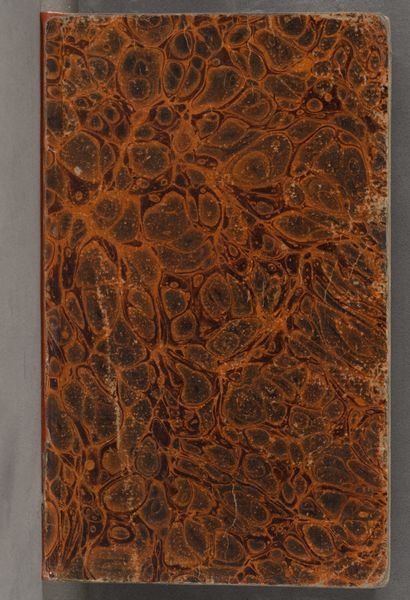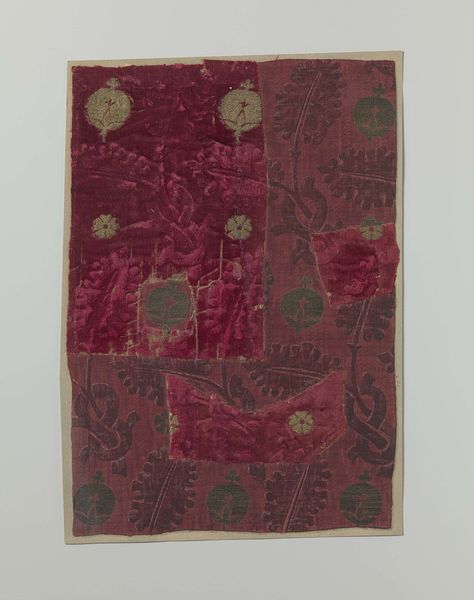
Four-case inro showing flowering clover plant c. early 18th century
0:00
0:00
ceramic
#
asian-art
#
ceramic
#
japan
#
decorative-art
Dimensions: 3 1/4 × 2 3/16 × 1 in. (8.26 × 5.56 × 2.54 cm)
Copyright: Public Domain
Curator: Editor: This "Four-case inro showing flowering clover plant," made by Koma Kyūhaku around the early 18th century, and housed at the Minneapolis Institute of Art is simply mesmerizing! I'm drawn to its decorative style. What aspects of this piece strike you the most? Curator: Well, let's consider its materiality. It is a ceramic piece, meaning the creation of this artwork must have required the careful selection and processing of clay and then a highly skilled labor force working on forming, firing, and decorating this object. Look at the floral designs; the time and craftsmanship needed! What might its original function say about society's values at the time? Editor: Interesting thought. Perhaps it points to the significance of aesthetics and craft in their daily lives. Was the clover specifically symbolic? Curator: Possibly, but from my perspective, let's consider it more from a production angle. This isn’t just about a beautiful clover motif; it reflects how accessible such craftsmanship would be to people during that period. What can a decorative piece like this, in the context of daily life and labor of craftspeople, tell us about that era's social dynamics? Was this luxury for the elite or part of a broader material culture? Editor: I never considered it that way! Focusing on materials really opened up how this inro relates to broader historical trends of art and craftsmanship. Thank you. Curator: Exactly! Thinking through production helps to contextualize the object beyond its mere aesthetic appeal.
Comments
minneapolisinstituteofart about 2 years ago
⋮
Wrapping around the inrō, a sprig of bush clover emerges from the nashiji ground. The leaves of the plant are executed in gold maki-e and brown lacquer, and the plant’s flowers are formed from bursts of bright red lacquer. Large pods are decorated with squares of aogai.
Join the conversation
Join millions of artists and users on Artera today and experience the ultimate creative platform.
